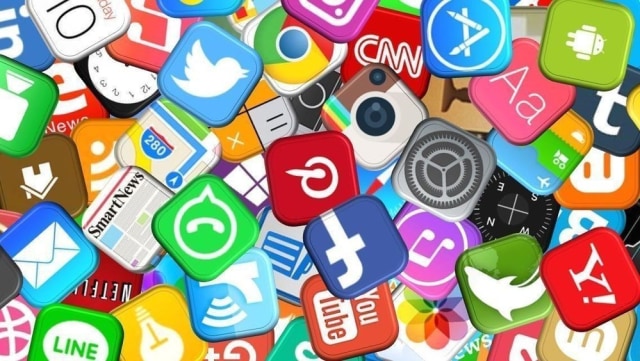
Social Media and Its Psychological Impact
RPI – Social Media and Its Psychological Impact. In the age of digital connectivity, social media has become an integral part of our daily lives, revolutionizing how we communicate, share information, and connect with others. While social media platforms offer numerous benefits, such as facilitating social interaction and providing access to a wealth of information, there is growing concern about their psychological impact on users. In this article, we’ll explore the various ways in which social media can influence our mental and emotional well-being.
1. Social Comparison and Self-esteem
One of the most significant psychological impacts of social media is the tendency for users to engage in social comparison. Constant exposure to curated images and posts depicting others’ seemingly perfect lives can lead to feelings of inadequacy, jealousy, and low self-esteem. Users may perceive their own lives as inferior in comparison, leading to unrealistic expectations and dissatisfaction with their circumstances.
2. Fear of Missing Out (FOMO)
Social media often perpetuates a fear of missing out (FOMO) among users, as they are bombarded with updates and photos showcasing others’ experiences and achievements. The constant stream of social activities and events depicted on social media can create anxiety and a sense of pressure to keep up with peers. Fear of missing out can lead to compulsive checking of social media feeds, disrupted sleep patterns, and increased stress levels.
3. Cyberbullying and Online Harassment
The anonymity and accessibility of social media platforms can also facilitate cyberbullying and online harassment, which can have profound psychological effects on victims. Cyberbullying encompasses a range of harmful behaviors, including spreading rumors, posting hurtful comments, and sharing embarrassing photos or videos. Victims of cyberbullying may experience heightened levels of anxiety, depression, and social withdrawal, leading to long-term psychological consequences.
4. Addiction and Dependency
Social media addiction has emerged as a significant concern, with users experiencing compulsive urges to check their accounts and engage with online content. The dopamine rush associated with receiving likes, comments, and shares can create a cycle of reinforcement, leading to addictive behaviors. Excessive social media use can interfere with real-life relationships, productivity, and overall well-being, contributing to feelings of isolation and disconnection.
5. Filter Bubble and Echo Chambers
Social media algorithms are designed to personalize users’ feeds based on their preferences and browsing history, creating filter bubbles and echo chambers. While this customization enhances user experience in some ways, it also limits exposure to diverse perspectives and alternative viewpoints. Users may become entrenched in their own ideological bubbles, reinforcing pre-existing beliefs and narrowing their worldview, which can lead to polarization and social divisiveness.
6. Impact on Sleep and Mental Health
Excessive use of social media, particularly before bedtime, can disrupt sleep patterns and negatively impact mental health. The blue light emitted by screens suppresses the production of melatonin, the hormone responsible for regulating sleep-wake cycles, leading to sleep disturbances and insomnia. Poor sleep quality is closely linked to mood disorders, such as depression and anxiety, exacerbating the psychological toll of social media use.
Conclusion
In conclusion, while social media offers numerous benefits in terms of connectivity and information sharing, it also presents significant challenges to our psychological well-being. From fostering social comparison and FOMO to enabling cyberbullying and addiction, the psychological impact of social media is undeniable. As users, it’s essential to be mindful of our online behaviors and usage patterns, set boundaries, and prioritize self-care. Additionally, policymakers and social media companies must take proactive steps to address issues such as cyberbullying, misinformation, and addiction, to create a safer and healthier online environment for all users. Ultimately, striking a balance between the benefits and drawbacks of social media is key to safeguarding our mental and emotional health in the digital age.
Rumah Produksi Indonesia
Di era dunia digital saat ini, Rumah Produksi Indonesia dapat membuat anda dalam pemenuhan sosial media yang profesional. Rumah Produksi Indonesia hadir dalam memberikan layanan digital solution sebagai pembuatan film, pengelolaan media sosial instansi pemerintah, dokumentasi kegiatan event, pembuatan animasi.
kami percaya bahwasannya teknologi yang profesional akan membantu bisnis semakin maju dan efisien. penasaran? Yuk, konsultasi gratis terlebih dahulu dengan menghubungi di kontak dan media sosial berikut
Baca Juga: Memperkenalkan Produk dengan Motion
Contact Us
WhatsApp : 0851-6102-9533 / 0877-7989-6335
Telp : (0274) 543761
Instagram : rumahproduksiindonesia
Email : rumpod.id@gmail.com


Tinggalkan Balasan